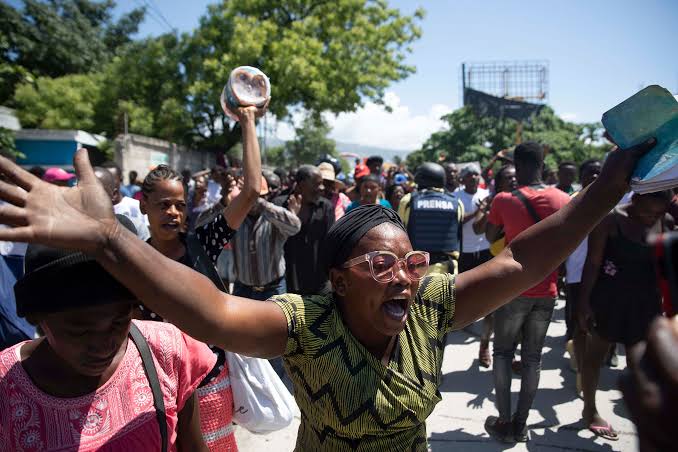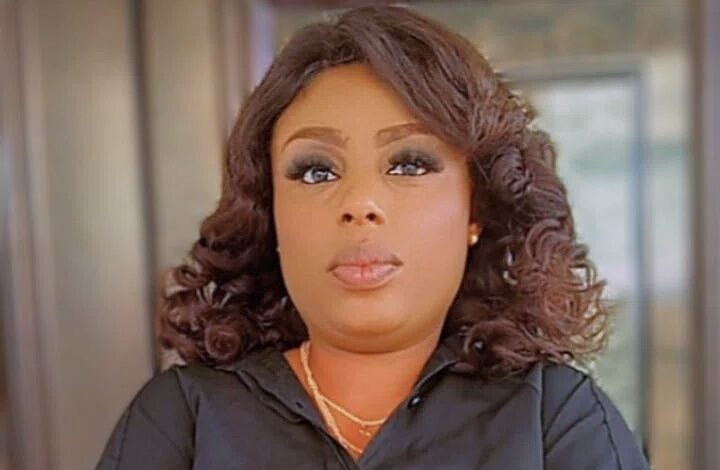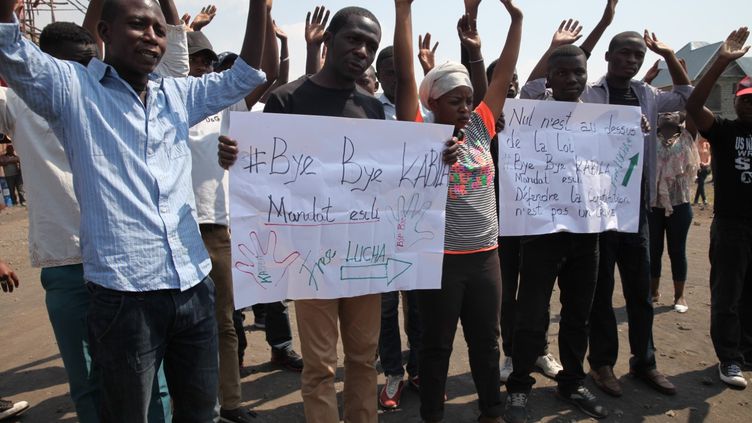
Renson Mwakandana
The idea to send out a regional peacekeeping force has been opposed by certain locals in the eastern Democratic Republic of Congo.
As reported earlier, the East African Community (EAC) authorities approved the dispatch of a regional force to aid in the stabilization of eastern DRC on Monday in Nairobi, Kenya. This action had also previously been considered by military commanders in the regional bloc.
However, some opposed to the deployment of troops cited the troubled past of some of DR Congo’s neighbors in the country’s war-torn east. Instead, they urged the Congolese military forces (FARDC) to undergo reforms and be strengthened.
In a letter to President Felix Tshisekedi, the citizens’ organization Lucha (Fight for Change) stated that it “vigorously rejects” the EAC proposal and “calls on you to give it up,” citing “security, economic, or geopolitical” concerns.
In the turbulent eastern DRC’s North Kivu province, which borders Uganda and Rwanda, Lucha was established ten years ago in Goma.
“At least three of the seven-member states of the East African Community — Rwanda, Uganda, and Burundi — have been involved for more than two decades in the destabilization of our country, through interventions directly from their armies or through armed groups,” the group continued in its letter.
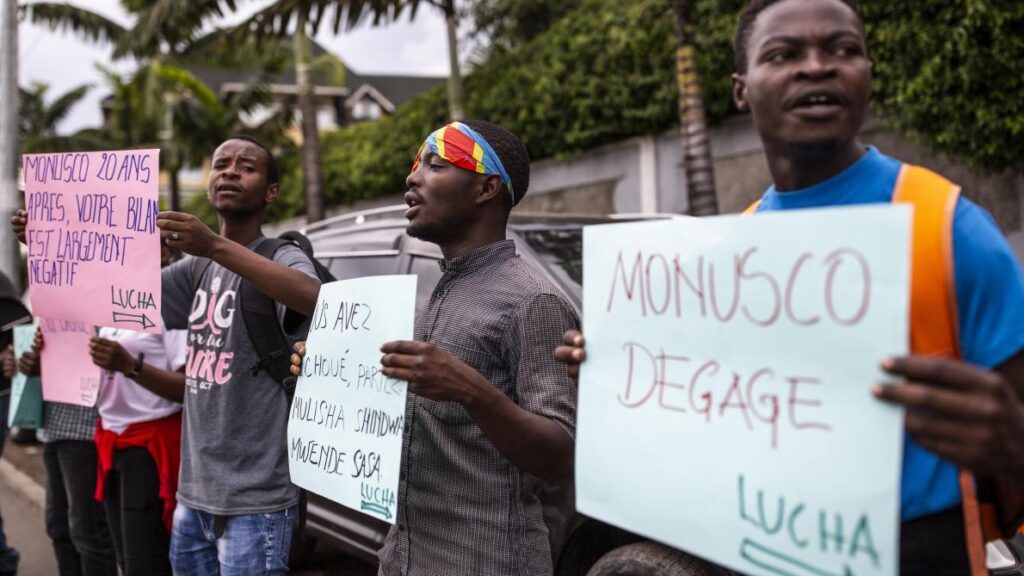
The two civil conflicts that tore through the huge, mineral-rich DR Congo between 1996 and 2003 featured all three of the aforementioned nations, which are DR Congo’s eastern neighbors.
Assuming that Rwanda is supporting the revived M23 rebels, Kinshasa has already made it known that it opposes its membership in any regional army. Kigali disputes the accusation.
The force is destined for the eastern border districts of North Kivu, South Kivu, and Ituri to the north, but the president of Kenya made no mention of who will make up the force. However, others in Goma are not persuaded by the notion of such a regional army even without Rwandan participation.
Tito Rushago, a samosa vendor in Goma, declared on a street on Tuesday according to the East African, “I’m against it, really, that’s enough!” He listed the participating nations in the sizable UN peacekeeping force MONUSCO, saying, “There are all the countries here, Senegalese, Tanzanians, Uruguayans…Biker Patrick Bahati concurred, claiming that the 20-year presence of the multinational UN troops in the nation has had little impact.
A “reinforced” and “overhauled” FARDC was advocated for instead by some persons questioned on the streets of Goma. They said that corrupt officers needed to be removed and that the nation’s military needed to be well-paid and well-equipped.
A new regional force’s ability to thrive where MONUSCO had failed baffled many in the area. James Biensi, a church pastor in Bunia, Ituri province, remarked, “I doubt the effectiveness of this force.”
He said that there was tension among the EAC nations and that there may be a “hidden agenda.”
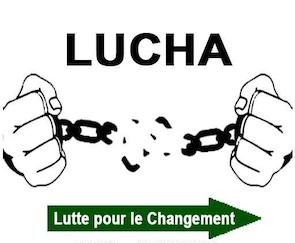
A similar stance was held by Raphael Wekenge, coordinator of the Congolese Coalition for Transitional Justice (CCJT). Speaking from the city of South Kivu, Bukavu, he added, “I am skeptical about the operational side of a force made up of countries that have interests in our own.
“We have already had several joint operations in the east of the country, which have not borne fruit,” stated Paulin Mulume of the Amka Congo collective of citizens’ groups.
He regretted the choice made in Nairobi since it reminded him of “very bad memories.” Mulume continued, “We don’t know what drove our president to get involved in this affair. “It ought to have been approved by Parliament.”
Judith Maroy, a resident of Lucha in South Kivu, believed there could yet be a way out. She stated, “We think Tshisekedi will return his senses.”
Also speaking out against a “regional force encompassing nations at the core of destabilization, massacres, and the looting of our resources” in Bukavu is Nobel laureate Denis Mukwege.
He said last week that doing this “would neither bring stability nor peace and risks exacerbating the situation.” He also urged the country’s military forces to undergo reform.
2018’s Nobel Peace Prize went to Mukwege, a gynecologist and surgeon who has treated hundreds of rape victims in the combat zone.


